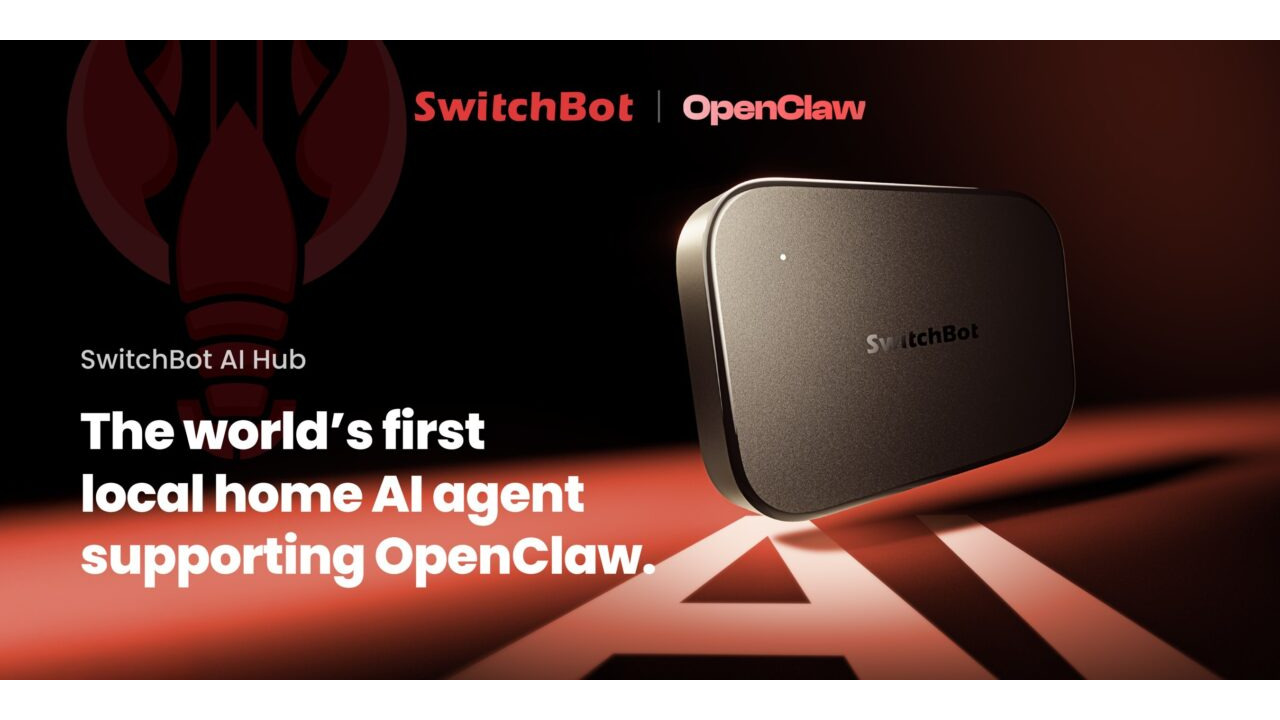Google shared several updates in October about its work with artificial intelligence across different products and research projects. The company has been working in this area for over two decades, focusing on machine learning, research, and tools that aim to make daily life easier for more people. Google’s teams are working to apply AI to challenges in healthcare, crisis response, and education, among other fields. This update covers the company’s announcements from October, including new AI products, research breakthroughs, security tools, and ways to use AI to interact with technology.
One of the most notable updates was the announcement of a new algorithm that achieved what is called verifiable quantum advantage on actual quantum hardware. The Google Quantum AI team ran this algorithm, called Quantum Echoes, which was able to compute the structure of a molecule much faster than classical supercomputers could. This step is important for areas like medicine and materials science, where quantum computers might be able to help find solutions that are out of reach for traditional computers. Google also showcased other research at its Research@ event, such as updates to Google Earth AI and a tool called DeepSomatic, which is helping speed up genetic analysis for cancer research.
In the field of healthcare, Google DeepMind and Google Research worked with Yale to launch an AI model named Cell2Sentence-Scale. This model is based on Google’s family of open-source models and was designed to help make tumors easier for the body’s immune system to detect and fight. The idea is that this approach could help with new cancer therapies. The model is now available for researchers to use and possibly build on for future work. Google DeepMind is also collaborating with Commonwealth Fusion Systems to use AI in helping develop fusion energy, which is a potential clean energy source.
On the product side, Google released the Gemini 2.5 Computer Use model for developers. This model, available through the Gemini API, allows AI agents to interact directly with user interfaces, such as websites and forms. It is built on the Gemini 2.5 Pro model and is reported to handle complicated tasks faster than other options. Updates were also made to Google’s AI filmmaking tool, Flow, which now offers more creative control and better video editing features. For people interested in building their own AI-powered applications, Google introduced new “vibe coding” features in Google AI Studio. These features make it easier for users to describe what they want their app to do, and then let Gemini handle connecting the needed models and APIs.
Google launched Gemini Enterprise, which is described as the new entry point for Google AI in the workplace. This platform uses advanced models and connects them with a company’s data, aiming to help employees build and manage AI agents securely. Early users, such as HCA Healthcare and Best Buy, have already started using the platform and have reported positive feedback.
Security updates were also announced during Cybersecurity Awareness Month. Google rolled out new features in Google Messages, introduced new account recovery options, and developed an AI agent for code security. The company also expanded its AI Vulnerability Reward Program and published new guidance for handling security risks related to AI agents.
Finally, Google introduced updates for interacting with technology at home and for learning new skills. The Google Home app received a redesign, and new devices were announced that work with Gemini’s AI. The smart home experience now includes a more conversational AI that replaces the old Google Assistant on speakers and displays. Google also announced the first headset powered by Android XR, the Samsung Galaxy XR, which uses Gemini AI to offer real-time help and improved digital experiences. For education, Google launched the Google Skills platform, which offers thousands of courses and labs for learning about AI and other technical topics, with the chance to earn credentials.
These updates show Google’s continuing effort to bring AI into more areas of work and daily life, from research and healthcare to home technology and education. The company is focused on making AI more useful, safer, and easier to use for everyone.
View the original press release.




